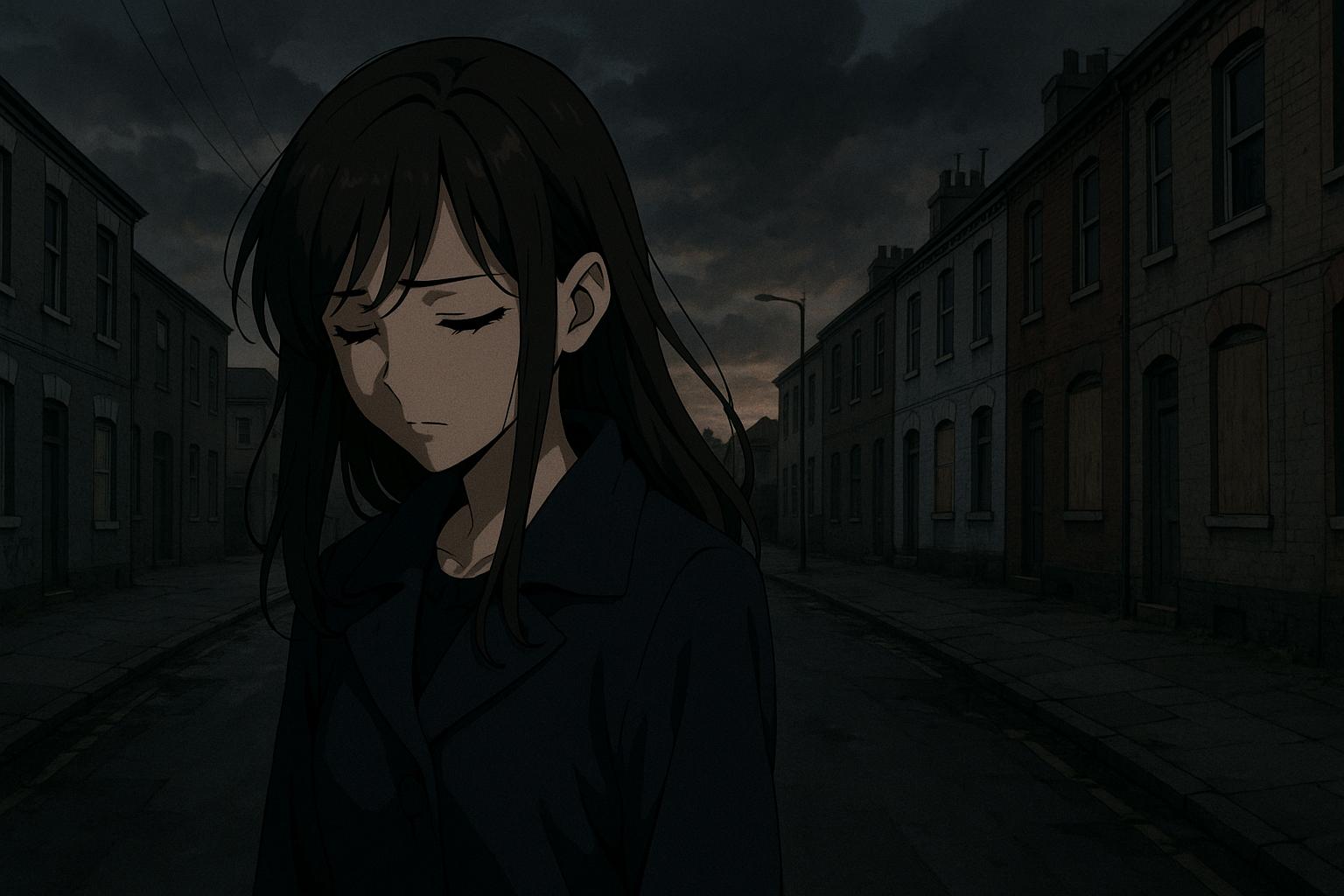Residents of Cromwell Street in Gloucester continue to grapple with the enduring stigma associated with the infamy of Fred and Rose West, the notorious serial killers linked to at least 12 murders between 1967 and 1987. While the house at 25 Cromwell Street was demolished, the emotional and psychological scars it left behind remain palpable for locals.
Polly Lowthian, who moved next door to the site of the former home of horrors, reflected on the persistent dread that hangs over the area. "There will always be a stigma around this street because of what happened," she stated. Locals have expressed a collective unease, noting how passers-by often point to the alleyway, uttering the names of the Wests, and invoking memories of their horrific crimes. This lingering notoriety is not limited to mere history; it has tangible repercussions on the community, where antisocial behaviour has become a common complaint among residents.
Chrysoula Koutsogranni, living in Cromwell Street for four years, recounted her initial ignorance of the area’s dark past. "After Covid, I started hearing stories from people curious about the history, then I looked it up online," she explained. Despite the grim legacy, she feels safe in her home, attributing her comfort to the notion that if one lives a life of integrity, little trouble comes one's way. However, she acknowledged that the area has its challenges, attributing the prevalent issues of crime and poor social conditions partly to socio-economic factors affecting many residents.
This reflects a broader pattern noted in urban studies regarding how high-profile crimes can engender "spatial stigma," whereby areas are overshadowed by past atrocities which continue to shape perceptions, as highlighted by an academic analysis of the Gloucester community. The West case has indelibly marked the city's identity, leading many to equate Gloucester with its dark history rather than its historical landmarks or natural beauty.
Studies reveal that many residents feel neglected by local authorities, citing the lack of support in the wake of the Wests' crimes. Although Gloucester City Council recently initiated a pilot project intended to address antisocial behaviour in the city centre, it remains uncertain how effective such measures will be in reversing the long-standing effects of the Wests' actions. The project includes appointing engagement officers to tackle locally reported issues such as criminal damage and substance abuse, though locals hope these efforts will extend into their neighbourhoods as well.
Statistical data reflects the grim realities of living on Cromwell Street, with local crime rates reported at 379 per thousand residents, which is significantly higher than the national average. The primary offences include violence and sexual crimes, echoing the violent legacy that still haunts the area. Many properties have transitioned to Houses in Multiple Occupation (HMOs), further complicating community dynamics as neighbourhood spirit diminishes and a sense of isolation increases.
As residents navigate life in a place forever changed by tragedy, their experiences paint a complex portrait of resilience amid adversity. While they acknowledge the shadows of the past, many, like Derek Rees, a long-time worker in the street, express hope for a future where the community can heal and reclaim its identity. “Frequent references to the past are a burden,” Rees lamented, suggesting that efforts should focus on enhancing community life and alleviating the stigma that lingers like a dark cloud over Cromwell Street.
As the new Netflix documentary detailing the West case draws renewed attention and scrutiny, residents are left to ponder the balance between acknowledging a painful history and forging a brighter future free from its shadows.
Reference Map
- Paragraph 1, 2
- Paragraph 3
- Paragraph 4
- Paragraph 5
- Paragraph 6
- Paragraph 7
- Paragraph 8
Source: Noah Wire Services
